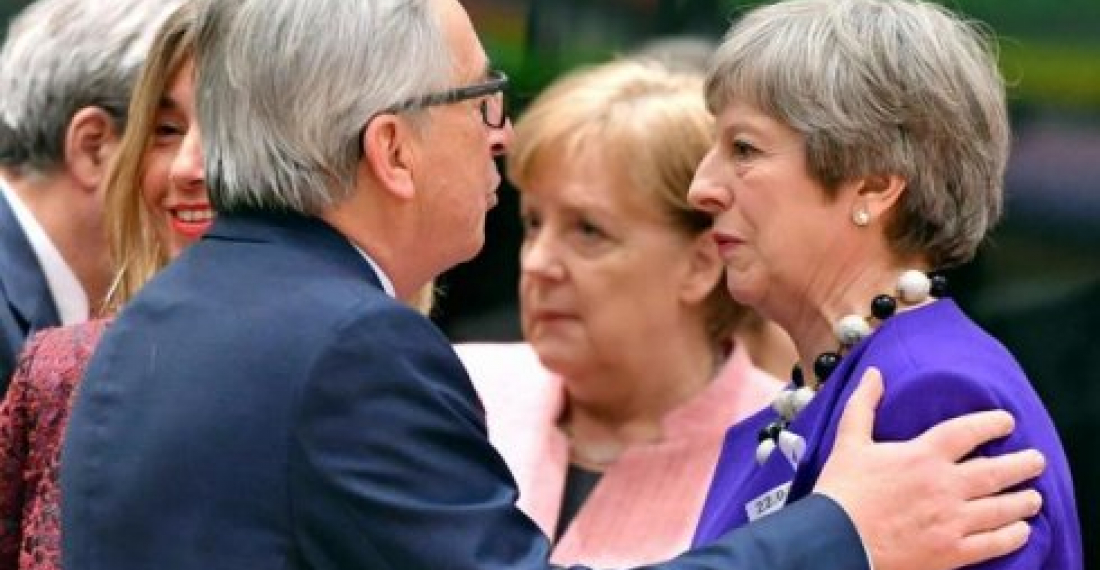Heads of Government of European Union member states meeting in Brussels in the framework of the European Council called for strengthening the EU's resilience to chemical, biological, radiological and nuclear-related risks, including through closer cooperation between the European Union and its member states as well as NATO. They agreed that the EU and its member states should reinforce their capabilities to address hybrid threats. The European Union condemned in the strongest possible terms the recent attack in Salisbury. EU leaders agreed with the UK government's assessment that it is highly likely that the Russian Federation is responsible and that there is no plausible alternative explanation.
The conclusions of the meeting state:
The European Council condemns in the strongest possible terms the recent attack in Salisbury, expresses its deepest sympathies to all whose lives have been threatened and lends its support to the ongoing investigation. It agrees with the United Kingdom government's assessment that it is highly likely that the Russian Federation is responsible and that there is no plausible alternative explanation. We stand in unqualified solidarity with the United Kingdom in the face of this grave challenge to our shared security.
The use of chemical weapons, including the use of any toxic chemicals as weapons under any circumstances, is completely unacceptable, must be systematically and rigorously condemned and constitutes a security threat to us all. Member States will coordinate on the consequences to be drawn in the light of the answers provided by the Russian authorities. The European Union will remain closely focused on this issue and its implications.
Against this background, the European Union must strengthen its resilience to Chemical, Biological, Radiological and Nuclear-related risks, including through closer cooperation between the European Union and its Member States as well as NATO. The European Union and its Member States should also continue to bolster their capabilities to address hybrid threats, including in the areas of cyber, strategic communication and counter-intelligence. The European Council invites the European Commission and the High Representative to take this work forward and report on progress by the June European Council.
As a practical measure the European Union has decided to recall its Ambassador in Moscow for consultations. It is understood that individual EU member states will now also consider what other measures may be taken at a national level.
source: commonspace.eu
picture: European Commission President Jean-Claude Juncker chatting with British Prime Minister Theresa May and German Chancellor Angela Merkel ahead of a meeting of the European Council in Brussels on 22 March 2018.






